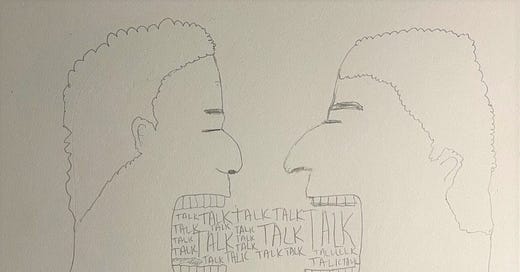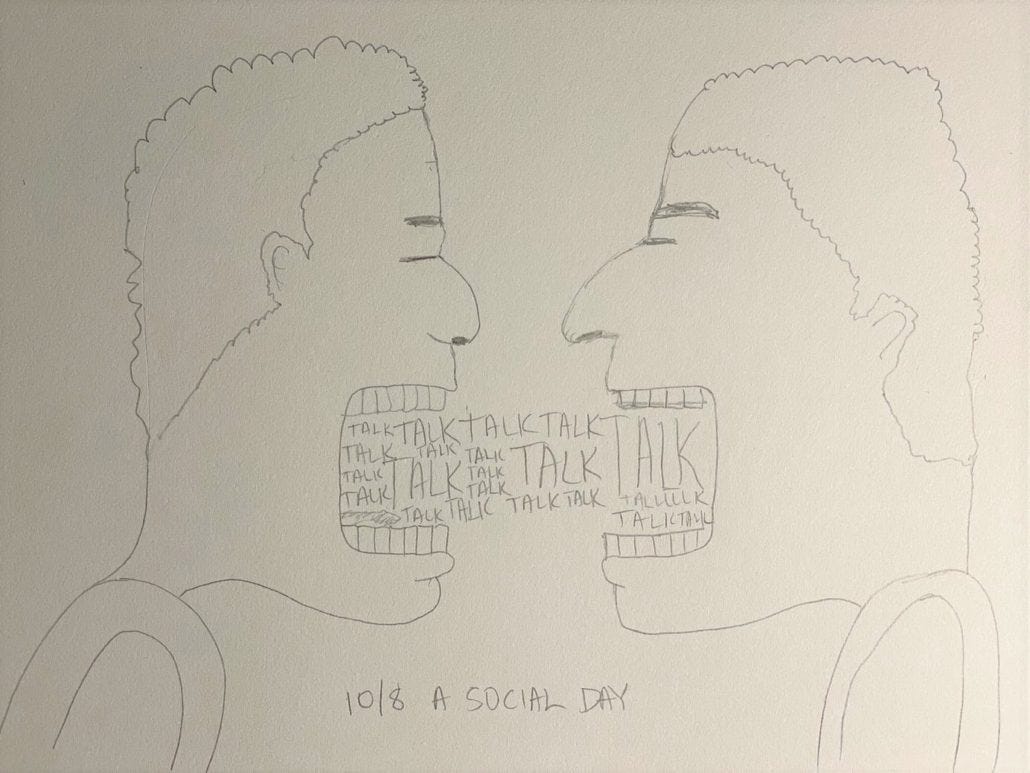
Building solid friendships (the right way)
During the past three years, two of my friendships blew up. One major reason sticks out: I started setting boundaries…and holding them.
For instance, when I asked one friend if he could call me for a conversation instead of sending lonnng monologue texts, he responded, “I’ll call or text whenever I fucking want to.” Say. Whaaaat?
It went downhill from there. Shockingly.
Oddly enough, I was culpable as well! Since I hadn’t set and, more importantly, held boundaries before, I’d allowed people into my life who didn’t respect them. Or at least respect mine.
Boundaries as feedback generators
You know that process of making a friend? It starts out shallow with, “where are you from, mutual friends, the dreaded ‘what do you do?’” question.
As the friendship deepens, you each show more of your true colors via vulnerability—sometimes sending people scrambling to escape through a window—or keep it at acquaintance level with activity buddies or colleagues.
In all new relationship, there are moments where you have opportunities to define who you are and what you expect from a friend. For me, some boundaries were easy to set, while others were difficult.
Values-based boundaries around drinking or not eating animal products were easy. The non-values based stuff was tougher: not wanting to go ski when it was shitty out, but doing it anyway. Not wanting to let people down by declining an invite to, well, anything, then regretting it. Hosting when Chelsea and I needed some down time.
In retrospect, those type of boundaries sound so easy! When I first start exercising them, and then more difficult ones, it felt like bench pressing 400 pounds after starting lifting weights a week ago: overwhelming and even dangerous, like I could get smashed under the pressure.
The good news: I realized that setting boundaries acts as a friend filter to prioritize the people you want in your life.
Because every time we set boundaries, the other person’s reaction is useful feedback. Flexing that muscle gets easier each time, and the feedback helps determine if we want to continue investing in a friendship or shift energy elsewhere.
Looking back at both former friendships that failed, I realize my lack of boundary setting encouraged (or at least allowed) behavior out of line with how I wanted to be treated. If I’d set them earlier and held tight with clear communication (“when you do this, I feel this way and need this moving forward”), I suspect the friendships would have fizzled far earlier.
On the flip side, a remarkable aspect of boundaries is they allow other friendships to shine. When I set boundaries with people and they respond respectfully, it adds more mortar to the friendship trust bridge between us.
With my closest friends, that mutual respect has grown to the point where we can drive a truck over the trust bridge. All the boundary setting is 100% worth it.
Dig this post and want more like it? Check out my free 2x/month newsletter.



